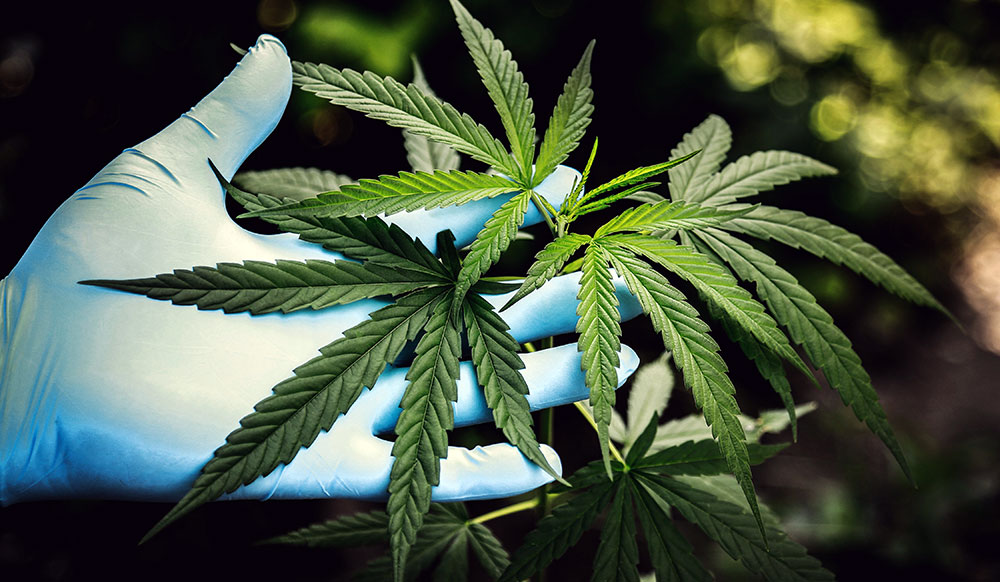With medical cannabis laws now in 33 of the 50 states, and recreational cannabis legal in 15 states, CBD must now be legal in the USA. Right?
Wrong. While it’s true the 2018 Farm Bill legalized industrial hemp, and that marijuana legislation continues to spread across U.S. states, government agencies are still grappling with rules for CBD.
With the Farm Bill’s removal of industrial hemp from Schedule 1 of the Controlled Substances Act (CSA), the jurisdiction of hemp moved from the Drug Enforcement Administration to the U.S. Department of Agriculture (USDA). But just like any other product sold in the United States, hemp-derived CBD also comes under the Food, Drug and Cosmetics Act (FD&C Act) which, through the U.S. Food and Drug Administration (FDA), authorizes products after testing them to ensure safety – a notoriously slow, if thorough, process.
The FD&C Act authorizes the FDA to run clinical trials on human foods, drugs, dietary supplements, food additives, cosmetics, animal foods and tobacco products. The FDA also has a say in labeling and dosing of drugs and food supplements.
The FDA has already acknowledged the benefits of cannabis use for seizure disorders with the approval of a single drug, Epidiolex, which has helped patients who suffer Dravet Syndrome and Lennox-Gastaut Syndrome, two debilitating forms of epilepsy. The product, which contains high levels of both THC and CBD (100 milligrams per milliliter), was the first cannabis-derived prescription drug to gain FDA approval.
But wider research is desperately needed. As CBD grows in popularity, the market expands, with often potentially dangerous results. CBD sellers have repeatedly been warned by the FDA about misleading health claims, mislabeling and adulterated products, a problem that is not unique to the USA.
